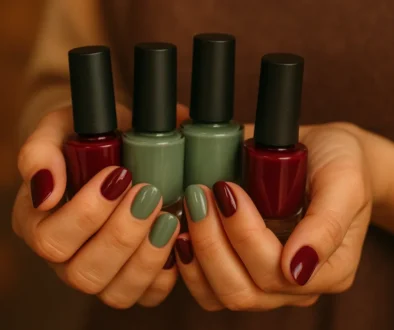Women Can’t Be Philosophers? History Disagrees
For centuries, mainstream narratives have sidelined women in philosophy, perpetuating the myth that philosophical inquiry is a male-dominated domain. Yet, a closer look at history challenges this notion. From ancient times to modern academia, women have not only participated in but also shaped the philosophical canon. This article examines the overlooked legacy of women philosophers and presents data that dismantles stereotypes about women’s role in this critical field.

- Breaking the Myth: Women Were Always There
Contrary to popular belief, women have engaged in philosophical debates since antiquity. Hypatia of Alexandria (c. 360-415 CE), a mathematician and philosopher, taught Neoplatonism in Egypt and was widely respected until her murder by a religious mob. In China, Ban Zhao (35-100 CE) wrote extensively on ethics, education, and women’s roles in Confucian society.
Even during the Renaissance and Enlightenment, women like Émilie du Châtelet (1706-1749) produced groundbreaking work. Du Châtelet’s translation and commentary on Newton’s Principia remains a standard reference today (Stanford Encyclopedia of Philosophy, 2023).
These examples underscore that women have long contributed to philosophical thought despite social and institutional barriers.
- Data Shows Women Are Rising in Philosophy Today
Recent studies show the gender gap in philosophy is narrowing. According to the American Philosophical Association (APA), the proportion of women faculty in philosophy departments in the U.S. rose from 13% in 1994 to nearly 30% by 2020 (APA Data on Women in Philosophy). While still underrepresented compared to other humanities fields, philosophy is seeing increased participation from women scholars.
Moreover, publications by women in top philosophy journals have increased. A 2023 analysis by the Philosophical Review showed women authored nearly 27% of papers published, up from 14% two decades ago.
These shifts indicate growing recognition of women’s philosophical contributions and a dismantling of gendered biases within academia.
- Contemporary Women Philosophers Redefining the Field
Today, women philosophers are transforming disciplines from ethics to metaphysics. Notable figures include:

Judith Butler, whose work on gender performativity revolutionized feminist and queer theory.

Martha Nussbaum, recognized globally for her contributions to ethics, political philosophy, and the capabilities approach to justice.

Sally Haslanger, influential in feminist metaphysics and the philosophy of race.
These thinkers highlight the continued importance of women’s perspectives in philosophy, expanding the field’s boundaries and relevance to contemporary issues.
- Why the Myth Persists
Despite the historical record, biases remain. A 2022 study in Hypatia reported that women philosophy students often face stereotypes questioning their competence, discouraging them from pursuing graduate studies. Moreover, curricula still overwhelmingly emphasize male philosophers, leading to misconceptions that philosophy is, by nature, a male discipline.
Addressing this requires integrating women philosophers into syllabi, highlighting diverse traditions, and challenging implicit biases in academic spaces.
FAQ
Q: Who was the first known woman philosopher?
A: Many scholars consider Hypatia of Alexandria the earliest well-documented woman philosopher in the Western tradition.
Q: Are women underrepresented in philosophy?
A: Yes, though the gap is closing. Women now hold about 30% of faculty positions in philosophy, compared to less than 15% in the 1990s
Q: Why don’t we hear more about women philosophers?
A: Historical biases, limited archival preservation, and gendered stereotypes have obscured their contributions. Efforts are ongoing to correct this imbalance in curricula and research.
Q: What impact have women philosophers had?
A: Their work has advanced fields including ethics, political theory, metaphysics, logic, and feminist theory, shaping both academic and social debates worldwide.
Done! Let me know if you’d like help refining or expanding it further.



